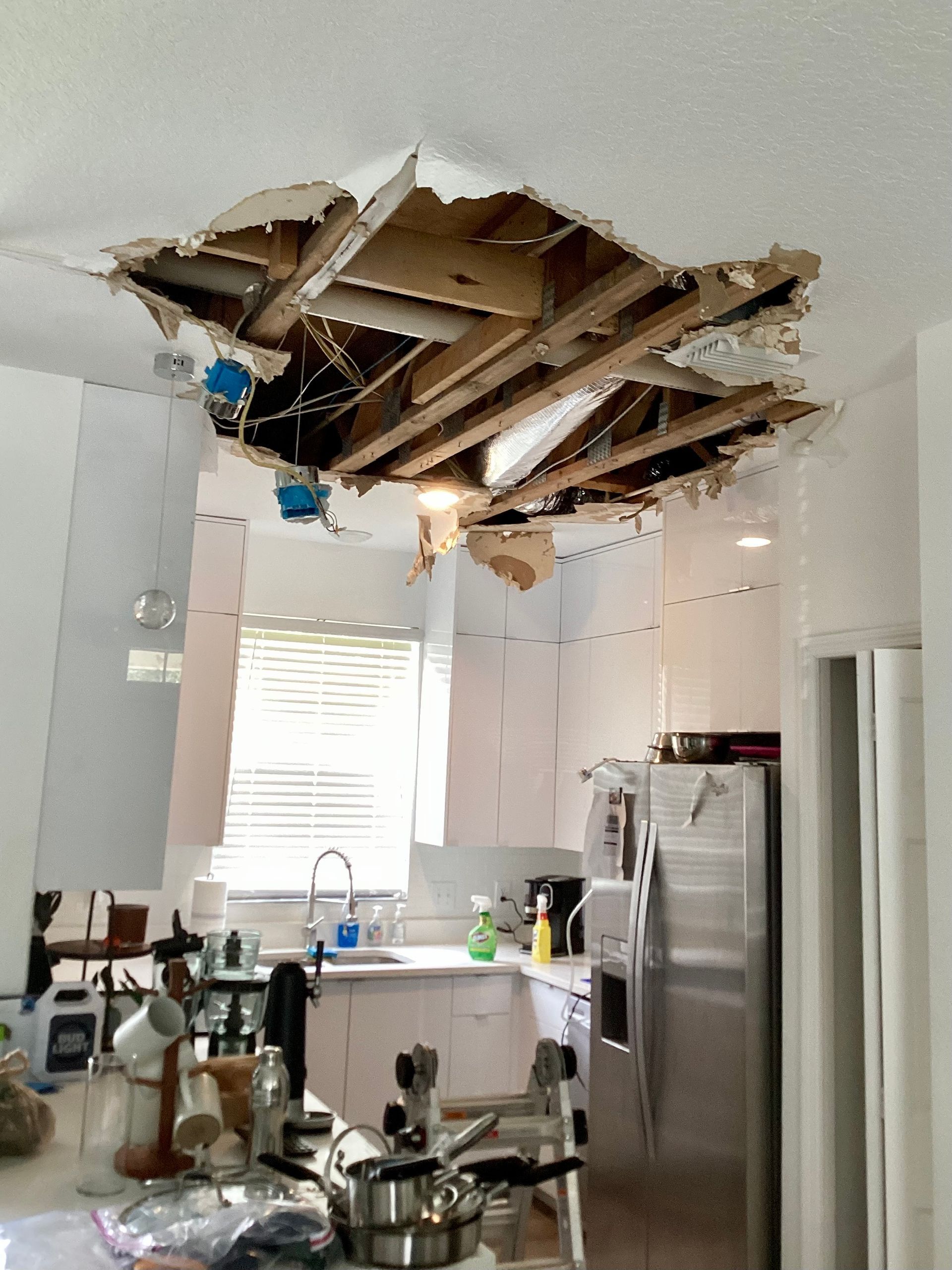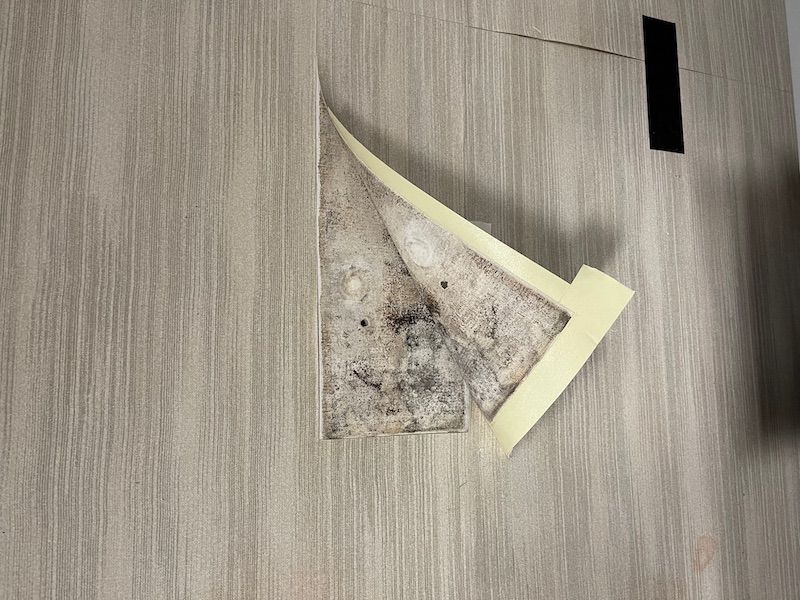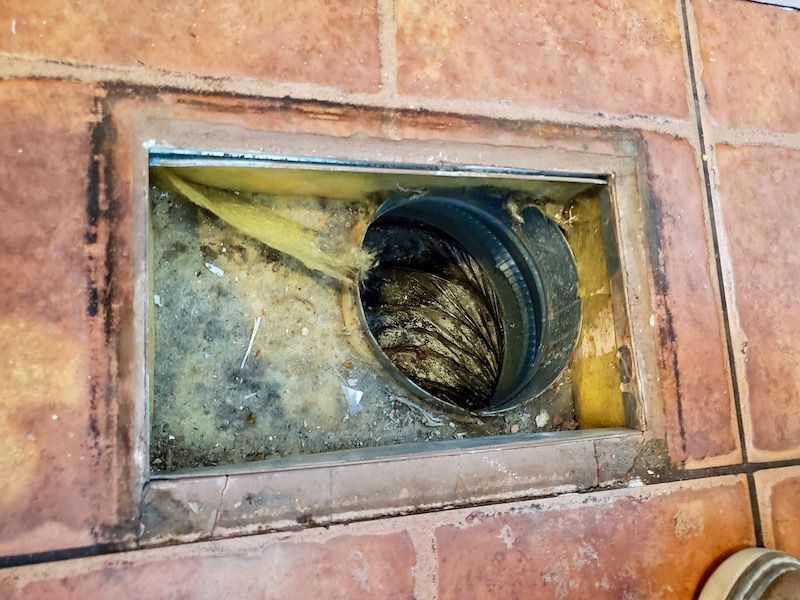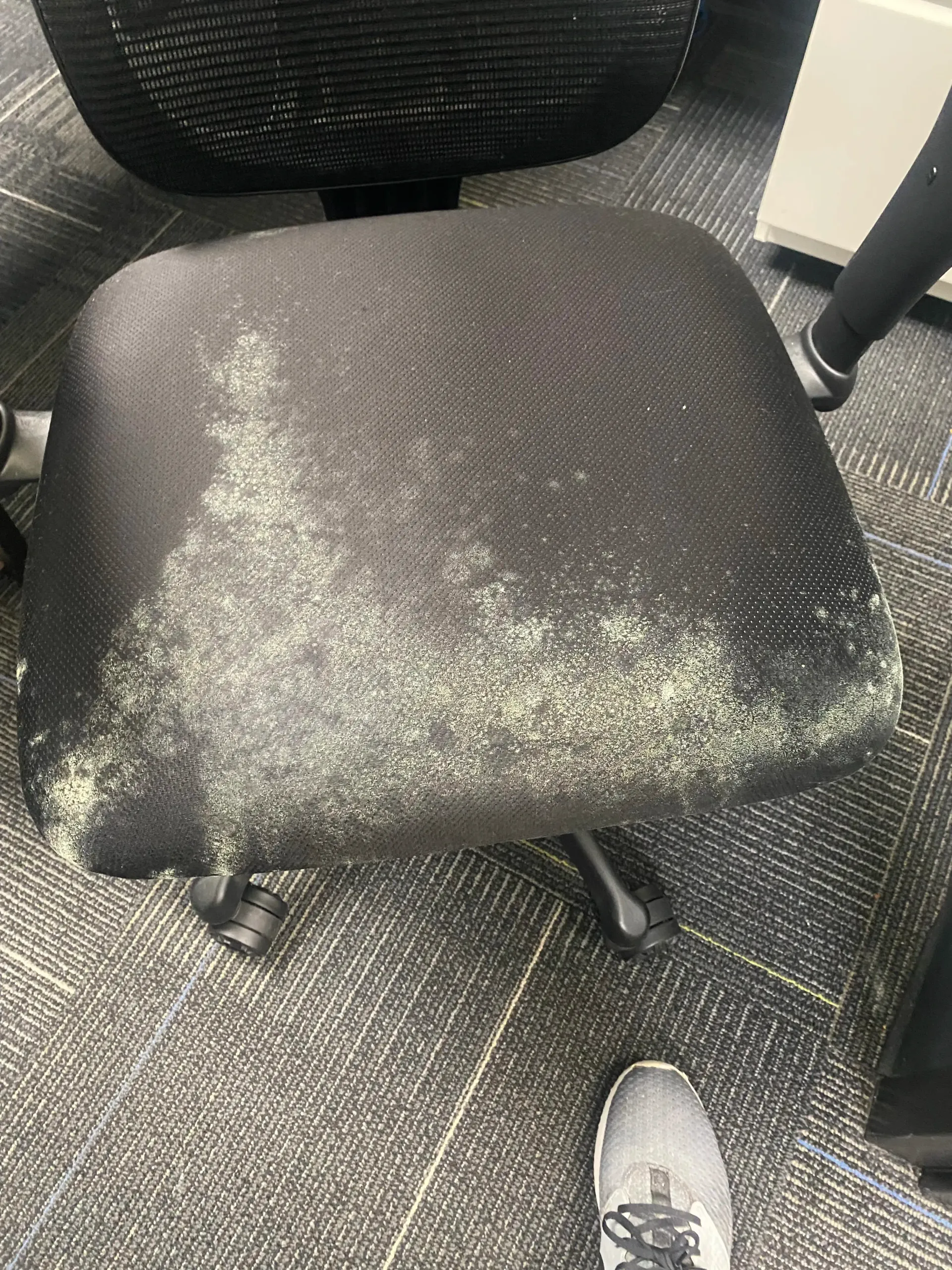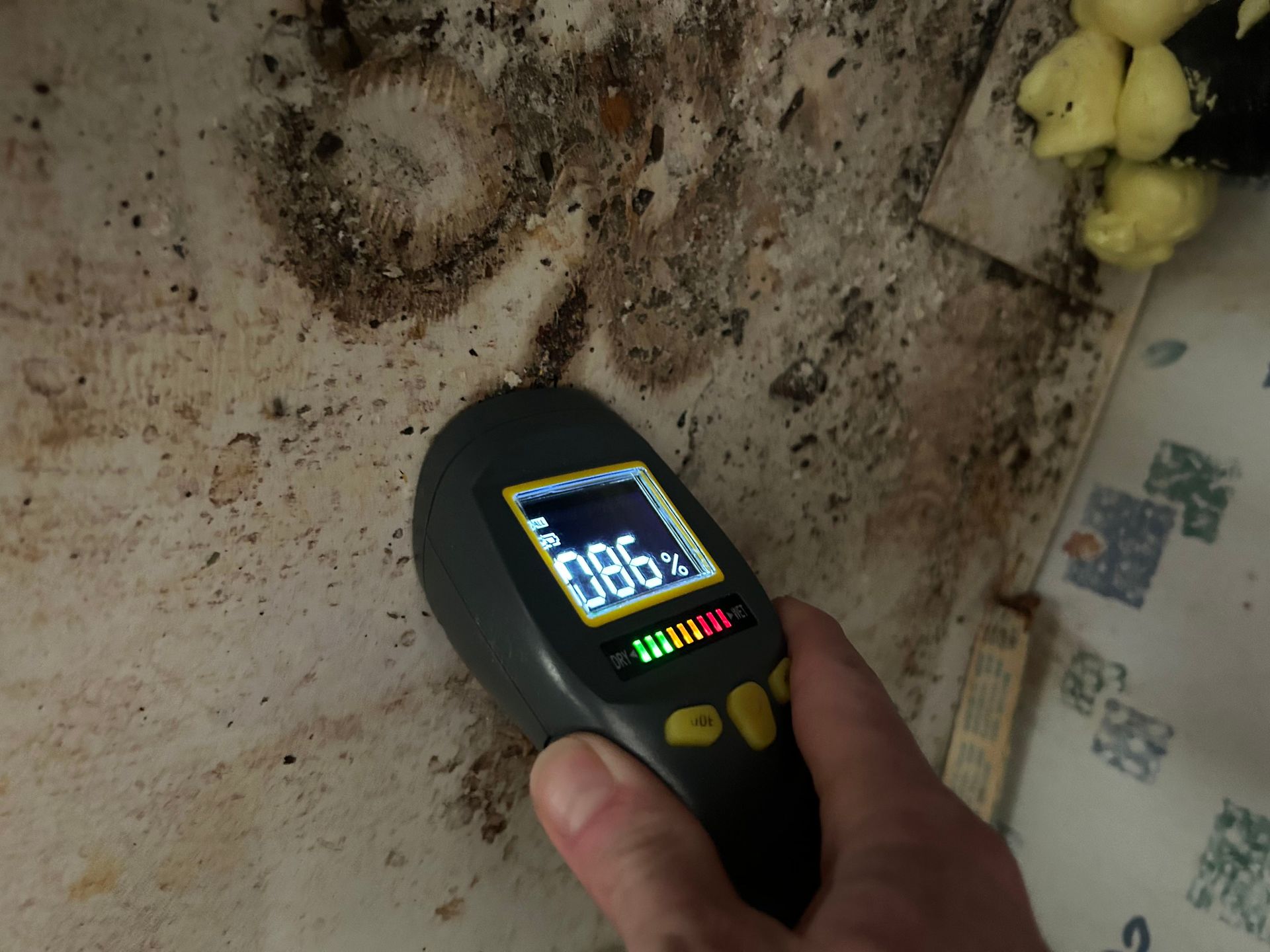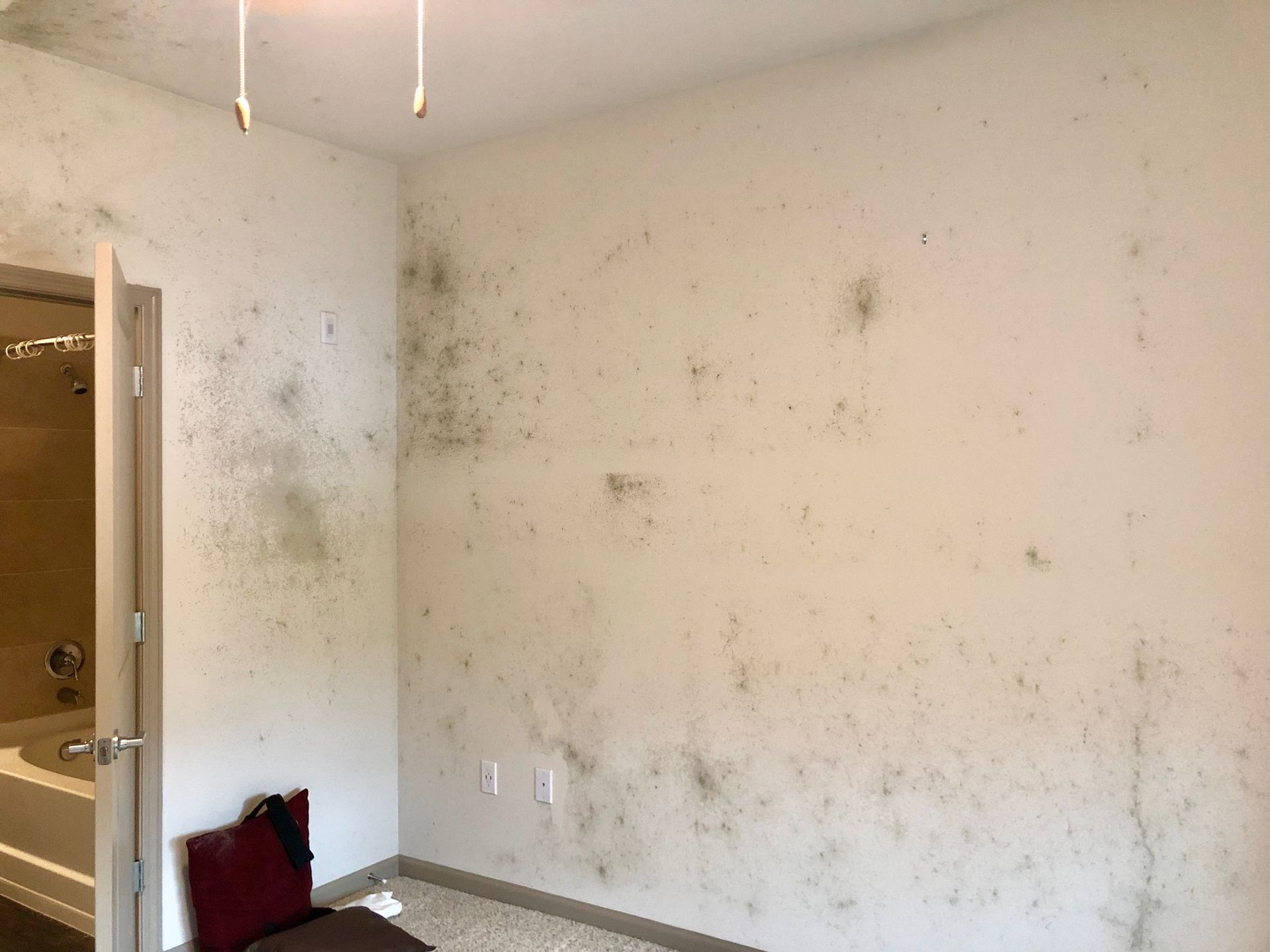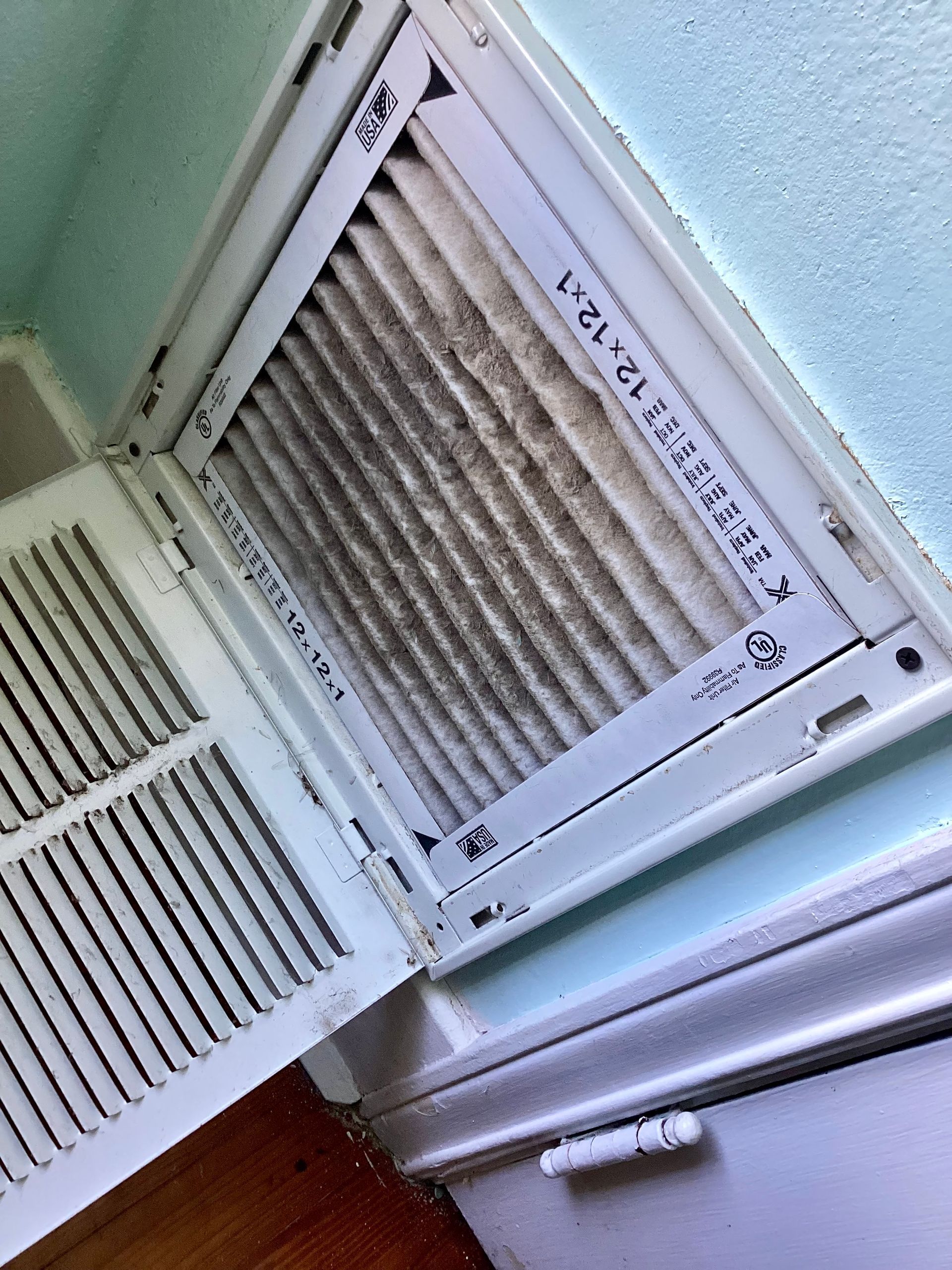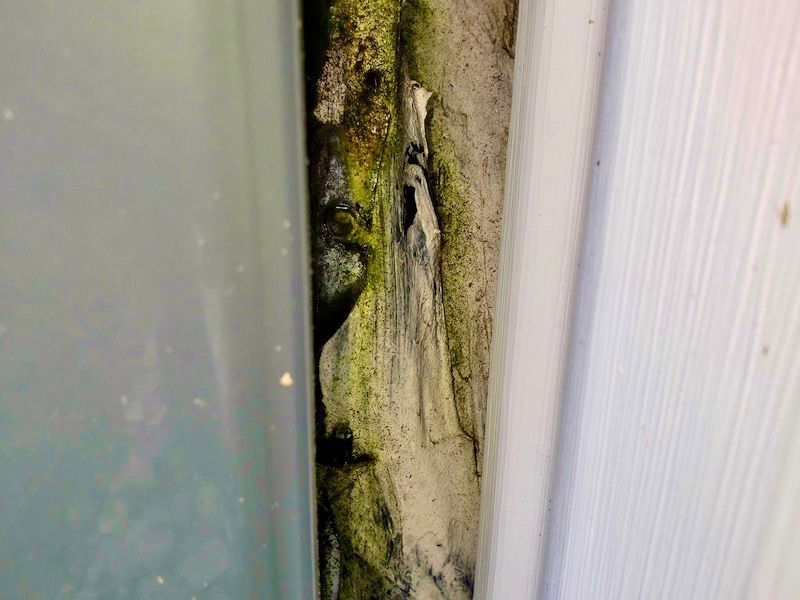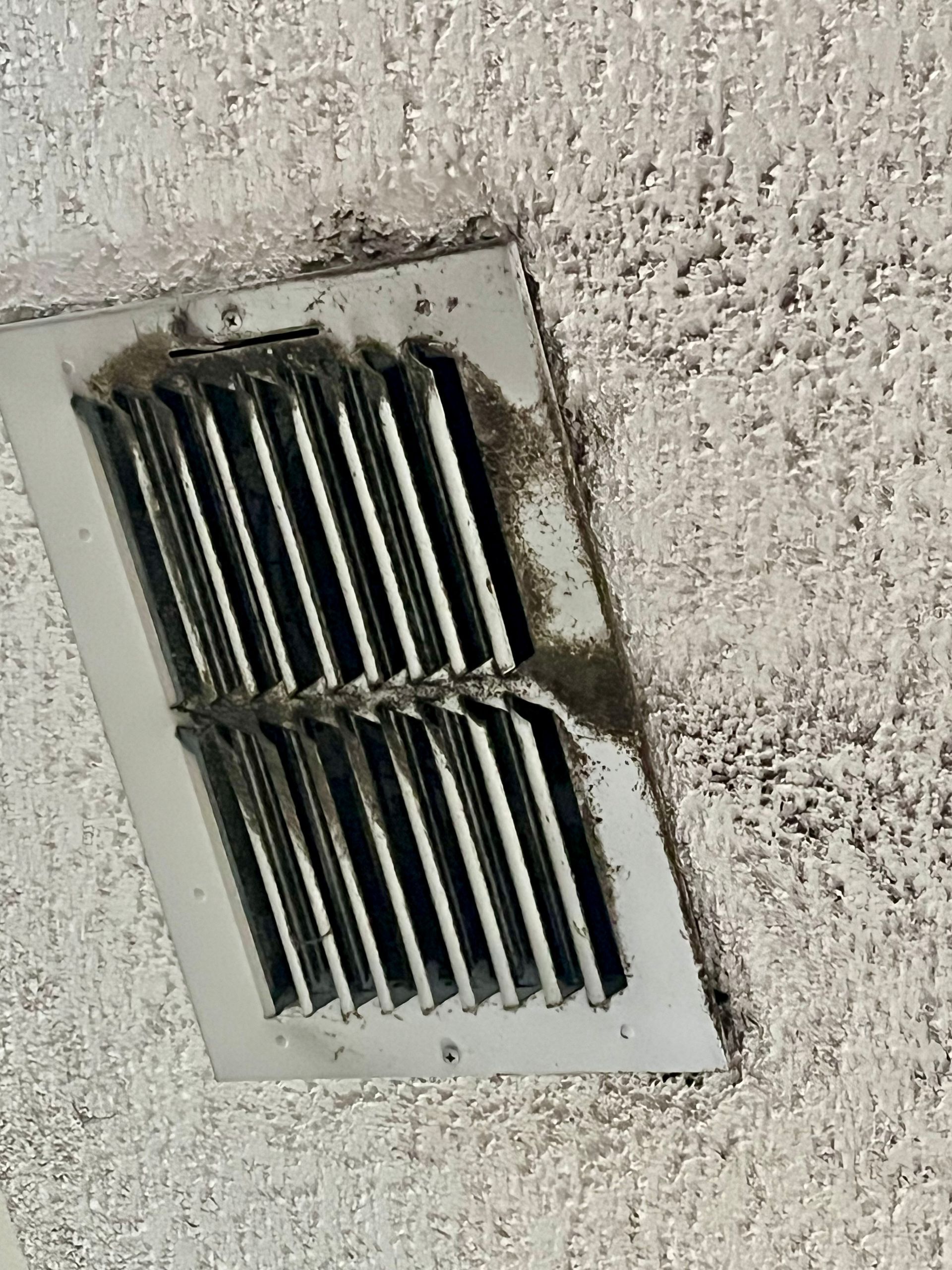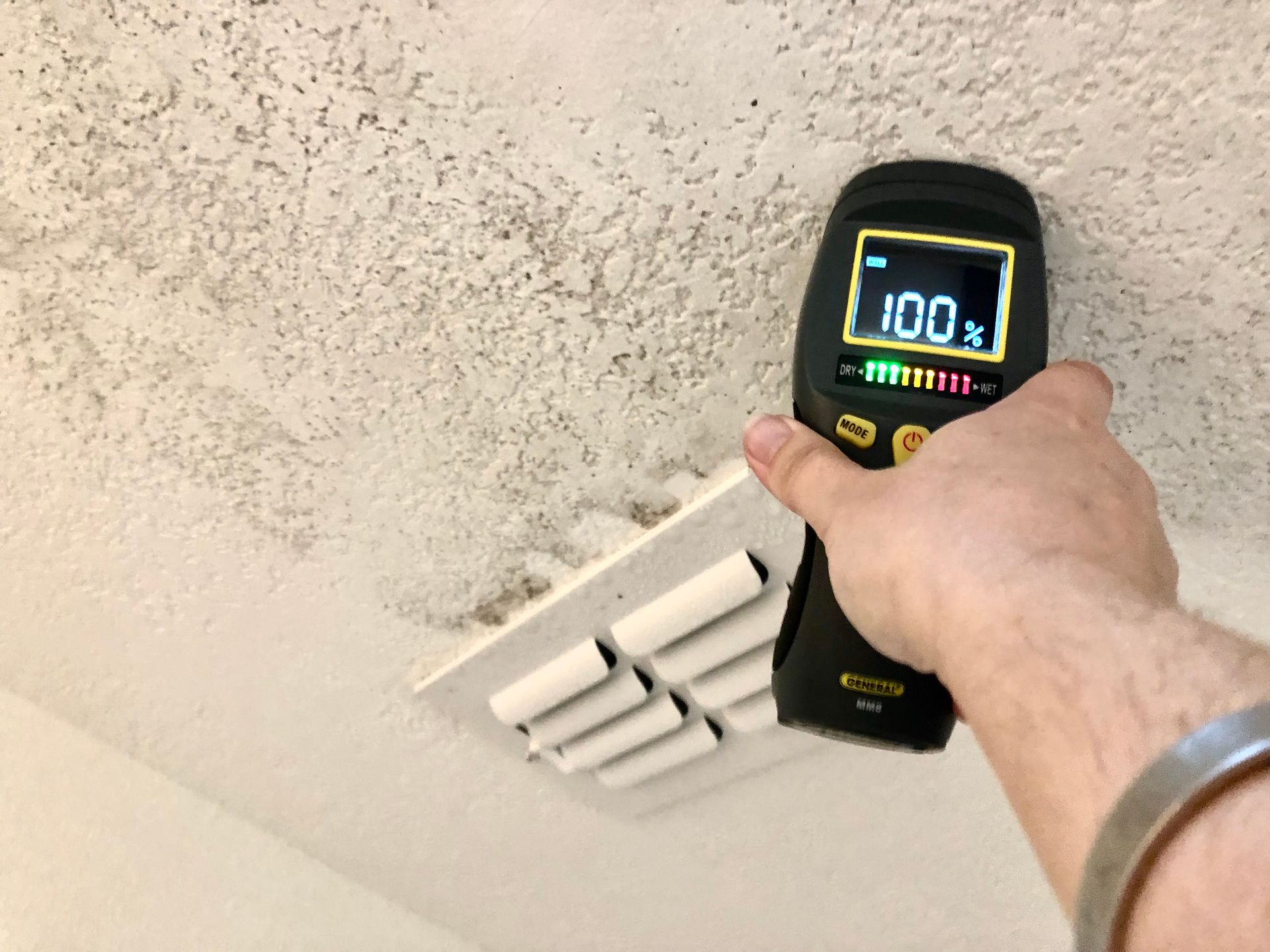How Mold Affects Your Health?
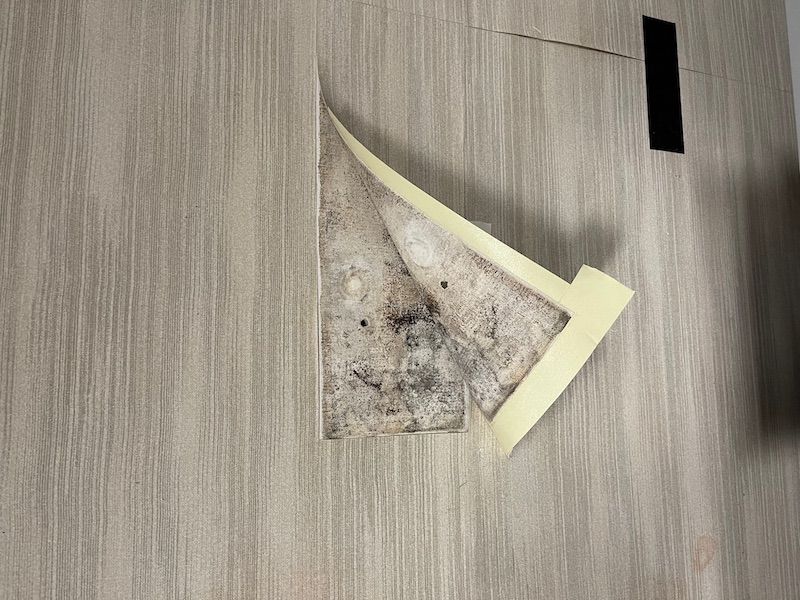
Mold is notorious for tarnishing the appearance of your home, but did you know that it can also wreak havoc when it comes to your health? In homes with damp conditions, prolonged mold exposure can cause serious health issues including skin conditions and respiratory illnesses.
For this reason, you need to be aware of any mold allergy symptoms and make arrangements for mold removal from your home before your health gets worse. Here are some common health issues to watch out for if you have been exposed to mold in your environment.
1. Allergies and Irritations
Mold growth can severely impact the indoor air quality in your home. As mold can easily grow in any damp area, mold allergy symptoms may appear at any time of the year. In most cases, mold-related allergies and irritations are similar to other upper respiratory conditions. Broadly speaking, indoor mold growth can affect anyone at home, but individuals with weak immune symptoms are at higher risk.
While symptoms may vary from person to person, it is common to experience coughing, sneezing, dry skin, and itchy eyes or throat. In some cases, prolonged mold exposure can even affect the nervous and immune systems causing poor concentration, vertigo, and joint pain, among other symptoms.
To protect your family from illness, it is imperative to check for mold in your house and arrange for mold removal if needed.
2. Infections
Mold illnesses can often be difficult to diagnose as symptoms are often similar to those of common allergies. However, mold exposure can cause different types of infections. For some people, a damp indoor environment can lead to a mold skin infection with an allergy-like rash appearing on your skin. A mold skin infection may cause you to experience itching or discomfort.
In some cases, a high concentration of mold spores in the environment can cause infection of the sinuses. You may also suffer from Rhinitis or inflammation of the nose. In other cases, people experience Hypersensitivity Pneumonitis, Bronchopulmonary Aspergillosis, or an Asthmatic response due to mold exposure.
3. Treatment Options
Upon noticing mold allergy symptoms, you should immediately see an allergist. By conducting blood and skin tests, they can determine if you are suffering from a mold skin infection or allergy. In most cases, medication such as decongestants and antihistamines are useful in treating mold-related health issues.
However, the best treatment option is to avoid mold exposure in the first place. If you suspect there is mold growth in your environment, you should wear a dust mask at all times. Additionally, by using a dehumidifier, you can control humidity levels in your indoor environment and stop mold growth effectively.
In case you see mold growing on your surfaces, you should clean the affected area thoroughly using vinegar, detergent, or disinfectant spray. At the same time, you should hire professional help to identify the source of mold spores and prevent it from growing further.
Contact a Professional Mold Removal Service Today!
Mold can be severely damaging to your wellbeing, causing allergies, infections, and other health issues. If you or your family members are experiencing mold allergy symptoms, you should contact a mold remediation specialist as soon as possible.
At Mold Masters, we offer a wide range of mold remediation services for both residential and commercial properties. Our experts can inspect your area, provide recommendations, and arrange for proper mold removal if needed. Call us at one of our offices (Central Florida: 813-606-6668, South Florida: 239-961-9995, North Florida: 904-397-4030). You can also contact us online.

